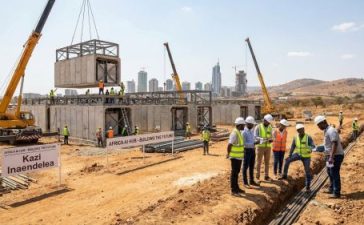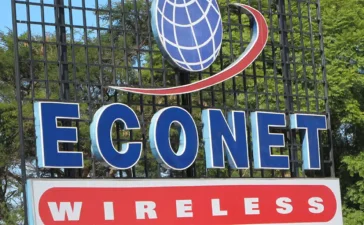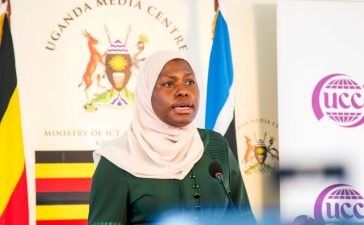Nigeria’s Minister of Communications and Digital Economy, Bosun Tijani, has revealed plans to leverage the country’s rich lithium deposits and expand internet access to attract global smartphone battery manufacturers.
Currently, only 42.24% of Nigeria’s population has internet access, leaving more than 100 million citizens digitally excluded. However, with plans to lay 90,000 km of fibre-optic cables across the country, the federal government aims to bridge the digital divide and create a more connected economy.
Speaking on Arise TV, Tijani highlighted the potential for Nigeria to become a key player in the global battery production market, thanks to its significant lithium reserves. He emphasized that these resources could attract mobile phone manufacturers to establish local production facilities, particularly for energy-dense rechargeable batteries used in smartphones, laptops, and electric vehicles.
“We’re focusing on expanding internet access nationwide,” Tijani said. “With better connectivity, we have a strong case to require manufacturers of mobile phones to either produce locally or, at the very least, manufacture their batteries here. This would create more job opportunities in the mineral resources and manufacturing sectors.”
The minister stressed that these initiatives align with President Bola Ahmed Tinubu’s focus on infrastructure development, which he described as the foundation for a thriving economy. He added that a strong technological and industrial base would unlock opportunities for young people, driving Nigeria’s progress on multiple fronts.
With its abundant resources and a growing focus on digital infrastructure, Nigeria is positioning itself as a key player in the global tech and manufacturing industries.






